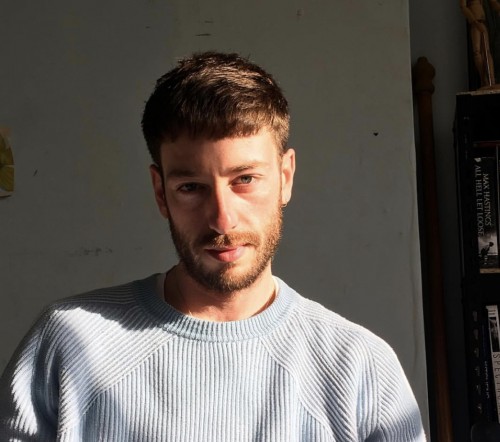
Jamie Freeman
University of East Anglia (UEA), Norwich, United Kingdom
-
- Research topic:
- Constructing Identity – Kaliningrad and the Appropriation of Place
- Period:
- August - September, 2018

University of East Anglia (UEA), Norwich, United Kingdom
Jamie is currently in his final year of research for a PhD in History at the University of East Anglia (UEA), Norwich, United Kingdom. His current research, "Constructing Identity – Kaliningrad and the Appropriation of Place", considers the role of architecture, art and material culture in shaping how people understand and relate to space. Whilst primarily grounded in history, the thesis adopts a multidisciplinary approach and includes strong design, architectural and visual elements.
He was a recipient of a CHASE (Consortium for the Humanities and the Arts, South-East) Studentship, an AHRC-funded studentship for PhD-level study awarded on the basis of academic merit through open competition, and the UEA Leipzig Scholarship for Modern European History.
Away from his academic work, Jamie has recently worked as Curatorial and Research Assistant on the "Radical Russia" exhibition at the Sainsbury Centre for Visual Arts. The exhibition contrasted Russian art and life, before and after the Revolution, and demonstrated how in a few short years a new approach to art emerged that exemplified the unity between the written work and the visual arts.
He is too intently involved in the project management of a collaboration with international colleagues in the founding of a cross-institutional and interdisciplinary research collective: Space, Place, Time. The collective works to coordinate pioneering interdisciplinary artistic projects designed to explore the notions of space, place and time in relation to both geographical migration and conceptual borders.
During his time in Lviv, Jamie will be working to strengthen his thesis before its submission. In particular, he will be using the Center for Urban History’s resources - as well as contemporary guides and other markers of "place-identity" – to undertake a comparative analysis of the various ways post-Soviet states have sought to redefine "place".